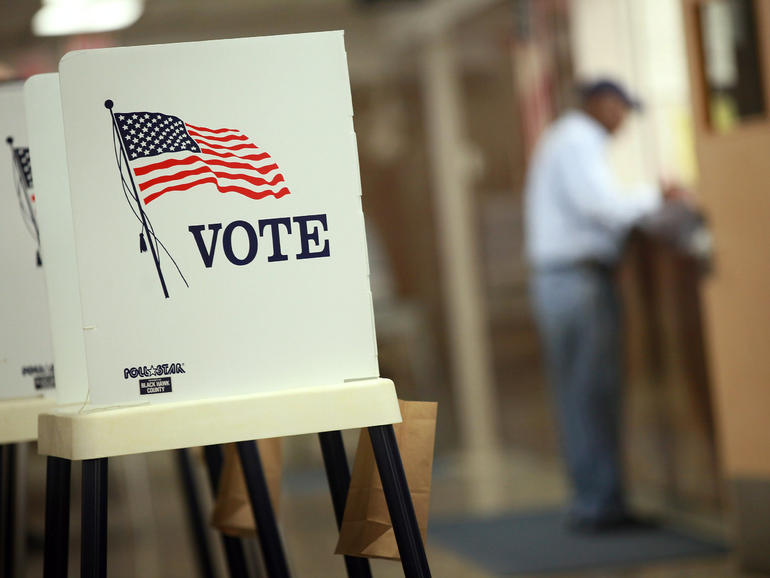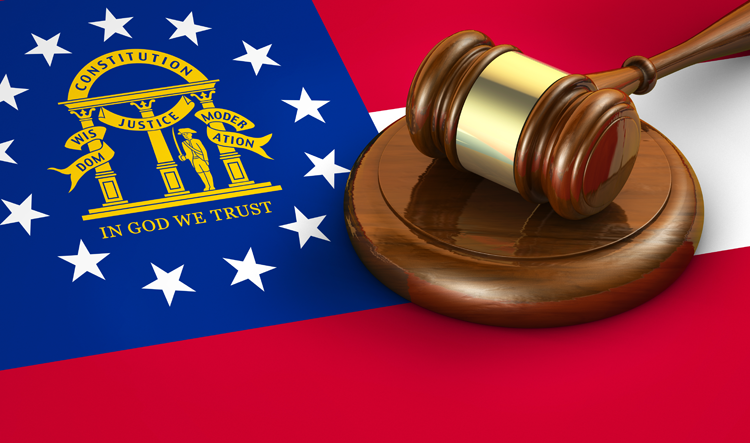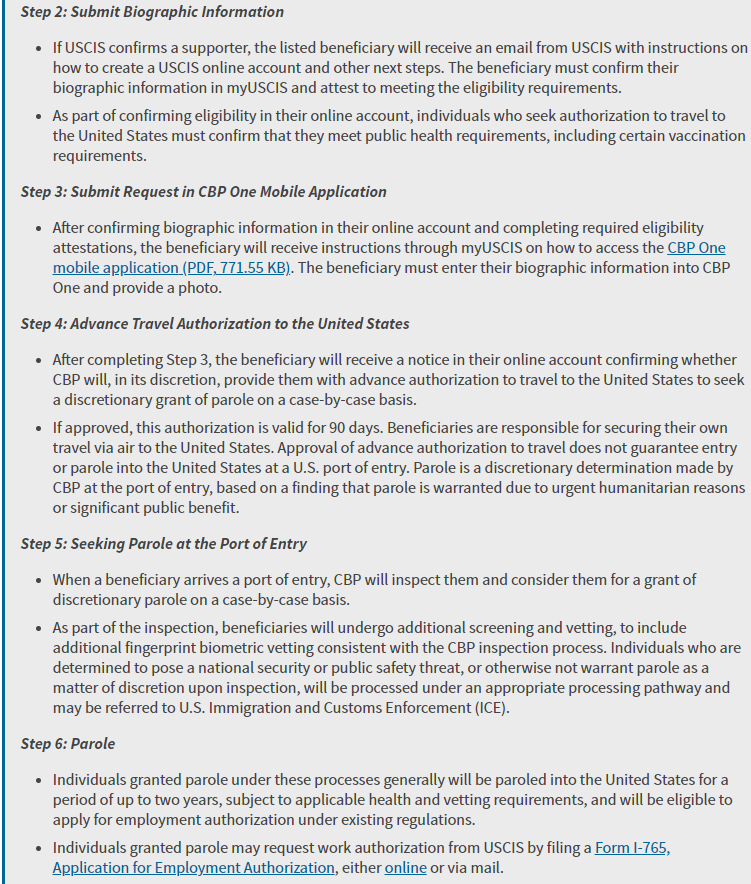Can Aliens Vote in Local Elections? Different Courts Give Different Answers
Can aliens vote in local elections?
We get conflicting messages from the courts on this issue. On March 22, a federal district court judge in the District of Columbia said such voting, as adopted by the D.C. City Council, was appropriate, while last month a New York State Appeals Court ruled in the opposite direction. Earlier, the Vermont Supreme Court, in January, ruled that state’s two largest cities could allow aliens to vote, but only in local elections.
The month before that saw Boston’s City Council pass a resolution giving aliens the vote in local elections, but this must be confirmed by the state legislature.
According to the Washington Post, federal district court Judge Amy Berman Jackson (an Obama appointee) ruled on March 21 that it was OK for the city council to give voting rights to non-citizens in local elections, dismissing opponents’ arguments that their votes would be diluted by alien participation. The Immigration Reform Law Institute, which brought the case, vowed to appeal the decision.
The D.C. law, according to the Post, allows illegal aliens to vote; it also allows aliens to hold elective office. In the District, voters choose a mayor, an attorney general, members of the city council, and members of the school board. They also elect a non-voting delegate to the U.S. House of Representatives; whether aliens could vote for this office was not a variable reported by the media.
In Vermont, according to another news story, while the state supreme court has approved alien voting in Burlington and Montpelier, the state’s two largest cities, further steps are needed before that kind of voting will begin. On March 9, Burlington passed a measure to this effect, but it still needs to be approved by the legislature.
Why the state supreme court was ruling on this issue, prior to the action by the legislature, remains a mystery to me.
Nationwide, three states allow at least some local voting by aliens: They are California, Maryland, and Vermont, usually only if the locality votes for it. According to Ballotpedia, 11 localities in Maryland, most if not all D.C. suburbs, have allowed such voting, with the rules in Riverdale allowing citizen and alien voting at the age of 16.
In California, aliens in Oakland and San Francisco can vote in school board elections, providing the would-be voter is a “parent, legal guardian or caregiver” of a child living in the pertinent school district.
Memories. Perhaps the most bizarre take on alien voting took place in my hometown, Arlington, Va., several decades ago. At the time, three factions were competing for county board seats: the Republicans, the Democrats, and ABC (Arlingtonians for a Better County), with the last two named in a partnership. The Republicans at the time were much more powerful than they are today, often dominating the county board. As part of the coalition deal, ABC and the Democrats alternated years in which each faction could nominate a candidate for the board. The Democrats used the usual primary or caucus system for their nominations, allowing only citizens to participate. But in years when it was ABC’s turn it made the decision to open up the process to everyone, citizens and aliens alike. So aliens could vote every other year, but only for county board members, and only in the primary.
I asked about alien participation at the time, and the ABC replied that they did not keep numbers for alien voters; their participation apparently was minimal, except for a group of British Embassy wives who were concerned about some school issues. The males working for the Brits apparently did not participate.
Soon after, the Democrats more or less absorbed the ABC and the alien voting ended.





